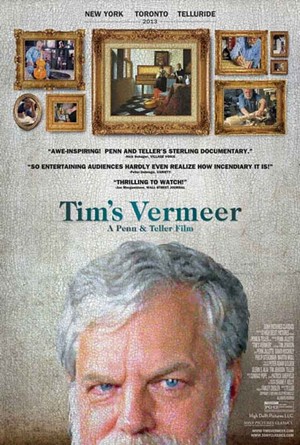“The Hunger Games: Mockingjay-Part I” perpetuates the questionable tactic of carving a popular fantasy novel into multiple movies when only one is needed. “Harry Potter’s” final installment was given two films to wrap things up, and “The Hobbit” is being retold in a ridiculously prolonged trilogy that mercifully concludes next month.

“The Grand Budapest Hotel” is told as a story-inside-a-story from the perspective the hotel’s lobby boy, Zero (played in his youth by Tony Revolori and in old age by F. Murray Abraham), who joins the staff in 1932 and quickly earns Gustave’s trust. Much of the film has the feel of a children’s tale reconstructed from memory with the kind of whimsical flourishes and improbable twists that get embellished over time. The language is a delightful mix of formal rhetoric spiced with some perfectly timed cursing. And nobody even attempts to put on an accent that’s outside their comfort zone — Harvey Keitel is pure Brooklyn, Fiennes all England, and the fact that they share a jail cell somehow conforms to Andersonian logic.

I once worked with a man who came out as gay after 20 years of marriage and two children. Accepting his true self, and then revealing it to the rest of the world, was a struggle for him; he was raised at a time when homosexual men and women were made to believe that their very existence was a slap in the face to the natural order. Many stayed in the closet, conformed as best they could, and the result was a lot of unhappy marriages. One such marriage lies at the center of the Taiwanese film “Will You Still Love Me Tomorrow.”





